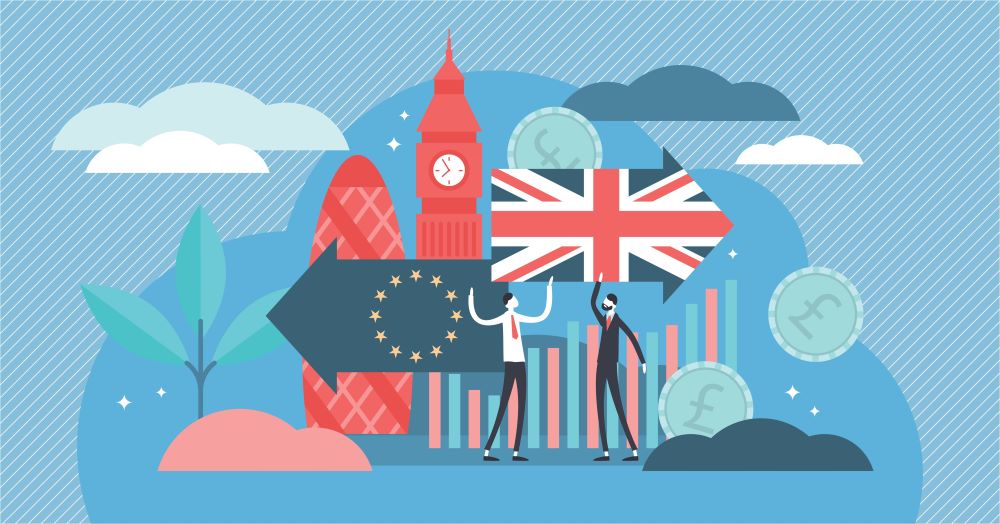
The IOE&IT’s public affairs adviser, Grace Thompson, was present at this year’s annual Labour Party Conference. In this special report, she gives her perspective on how the conference went and her key takeaways.
Applause rippled around the auditorium and people rose as one to their feet, despite the fact that we were only in an overflow room rather than in the main hall where the Leader of the Labour Party, Sir Keir Starmer, was giving his conference speech.
The lady behind me turned to her friend and said: “Wow. I usually find him so wooden. That felt…different.”
Labour’s repositioning
This was a different feeling across the whole of the Labour Party Conference.
“Pro-business” and “pro-worker” were phrases now given an equal footing.
Positioning themselves as the party of economic credibility, both the Labour leader and the shadow chancellor Rachel Reeves promised to be a “genuine” partner with business and to form strong links between government, business and trade unions through a new Economic Council.
There was a pledge to “make Brexit work” and an aspiration that the UK would “buy, make and sell more”.
Services
Reeves referenced trade policy directly in her speech, celebrating the fact that the UK is the “second largest exporter of services in the world”.
In a nod to the situation on the Northern Ireland Protocol, she emphasised that Labour would work together with neighbours and allies, rather than “picking needless fights with our largest trading partner”.
Labour on trade
In a similar vein, speaking at a fringe event on “A Labour Trade Policy”, shadow international trade secretary Nick Thomas-Symonds said that Labour’s aspiration would be to “re-establish the UK’s position in international trade”, taking a “pragmatic” approach on Northern Ireland and doing the “unglamorous work” of simply getting people around a table and talking things through.
He added that unnecessary barriers within the Trade Cooperation Agreement also needed tearing down.
The shadow trade secretary announced that a Labour government would create a “nationwide network of climate export hubs” and pledged that it would establish rules to ensure that trade negotiators have “binding responsibilities” to help deliver economic opportunities all across the United Kingdom.
There seemed to be a synergy between policy briefs, with trade and levelling-up agendas worked on in tandem.
‘A fairer, greener future’
There was an emphasis throughout the conference that Labour would step up to the plate on an issue that certainly had less prominence in previous elections – climate change.
With the new Labour policy roadmap entitled “A fairer, greener future”, Labour want to lead the UK in a way that “seizes the opportunities of the digital revolution” and takes on the climate crisis.
Final thoughts
As I reflect on the conference, it seems clear that Labour is seeking to solidify itself as the “grown-up in the room”.
There are olive branches to the EU, but a pledge to still make Brexit work; there is a feeling of leadership on the economy, but whilst still seeking to actively partner with businesses on the ground; there is the desire to be more pro-business, but still maintaining pro-worker roots; there are climate ambitions, but an acknowledgement that all strands of policy have to be in sync to achieve them.
This is a party gearing up to win the next election and build up their reputation for economic credibility and pro-business sentiment.
Five times the Shadow Chancellor said: “It is time for a government that is on your side, and that government is a Labour government”.
The final time she added: “And be in no doubt, that government is on its way.”



